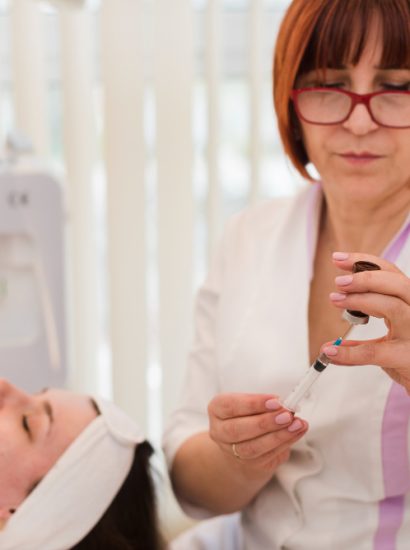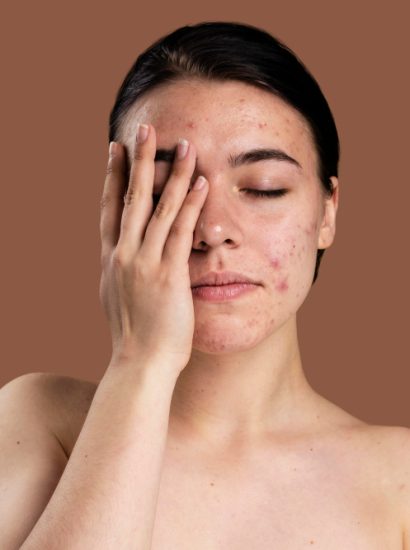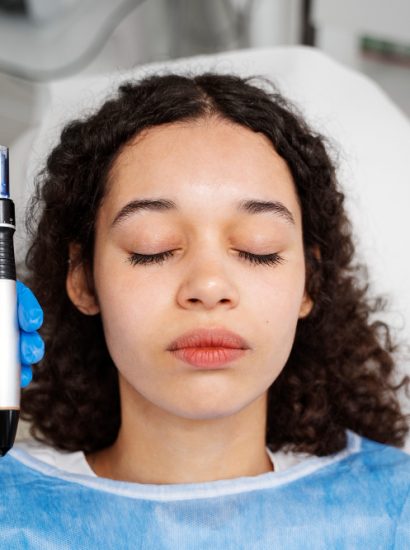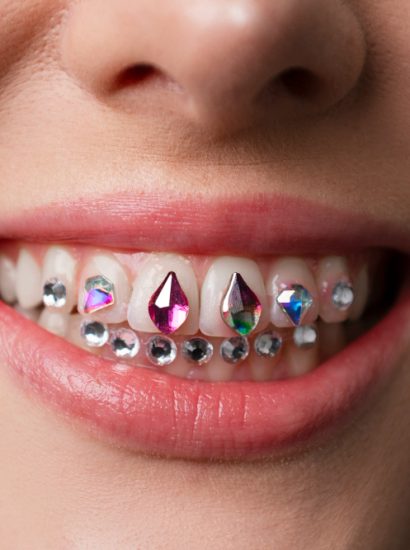Medical grade skincare has become one of the most trusted solutions for people who want real, measurable improvements in their skin. Unlike regular skincare found at drugstores or beauty counters, medical grade products contain higher concentrations of active ingredients and are backed by scientific research. Many people turn to them to address concerns such as acne, pigmentation, aging, and overall dullness. This long form guide explains the benefits of medical grade skincare, how it works, and how to choose products that match your skin needs.
Understanding What Medical Grade Skincare Is
Medical grade skincare refers to products formulated with a higher level of active ingredients that are clinically tested to deliver noticeable results. These products are often available through dermatologists, medical clinics, or licensed skincare professionals. Unlike cosmetic grade skincare, which focuses more on sensory experience such as scent or texture, medical grade formulas prioritise efficacy. They reach deeper layers of the skin, targeting the root of skin concerns rather than just providing temporary surface improvements. For this reason, they are often recommended for people seeking serious skin correction.
How Medical Grade Skincare Differs from Regular Skincare
The main difference between medical grade and regular skincare is potency. Cosmetic products usually contain lower concentrations of active ingredients because they are designed for general use. Medical grade skincare, however, is formulated with stronger, more stabilised ingredients that penetrate the deeper layers of the skin. These formulas go through clinical testing to prove their effectiveness and safety. In addition to potency, medical grade brands focus on precise ingredient delivery systems that enhance absorption. This allows users to see results faster and sustain improvements over time.
Key Benefits of Medical Grade Skincare
Medical grade skincare offers many significant benefits. One of the most notable advantages is its ability to produce visible changes in skin tone, texture, and clarity. Because the ingredients reach deeper into the dermis, they can stimulate collagen production, fade pigmentation, refine pores, and reduce inflammation. Regular use can help address acne, fine lines, sun damage, and uneven skin tone. These products are also designed to be stable and effective, meaning they maintain their potency from the moment you open the bottle until you finish it. The formulation quality ensures consistent performance so you can rely on long lasting benefits.
Most Common Ingredients in Medical Grade Products
Medical grade skincare includes powerful ingredients that may not be available at high concentrations in regular skincare. Retinoids increase cell turnover and improve fine lines. Vitamin C provides brightening and antioxidant protection. Alpha hydroxy acids such as glycolic and lactic acid exfoliate dead skin cells and improve texture. Peptides help boost collagen and firmness. Hyaluronic acid delivers deep hydration and plumps the skin. Growth factors promote repair and regeneration. These ingredients work together to produce smoother, healthier, and more youthful looking skin. When used correctly, they offer transformative results.
Who Should Use Medical Grade Skincare
Medical grade skincare is suitable for many skin types and concerns. Individuals dealing with persistent acne or stubborn blemishes benefit from stronger formulations that target bacteria and inflammation. People with hyperpigmentation, melasma, or sunspots see improvements through brightening ingredients that penetrate deeper layers. Those experiencing early or advanced signs of ageing benefit from collagen stimulating actives that firm the skin. Even individuals with sensitive or compromised skin can find gentler medical grade options that support barrier repair. Whether your goal is corrective treatment or preventative care, medical grade skincare can offer tailored solutions.
How to Choose the Right Medical Grade Products
Choosing medical grade skincare begins with understanding your skin concerns. For acne prone skin, look for retinoids, salicylic acid, and antibacterial ingredients. For pigmentation issues, vitamin C, niacinamide, and exfoliating acids are helpful. For aging skin, peptides, retinol, and hyaluronic acid provide improvement. It is important to avoid choosing products based solely on trends. Instead, focus on formulations that match your skin needs. Consulting with a dermatologist or licensed skincare professional can provide personalised guidance. They can assess your skin and recommend products that work synergistically.
How to Build a Skincare Routine With Medical Grade Products
A complete routine should include a gentle cleanser, treatment product, and moisturiser. Start with one or two active ingredients and slowly introduce others over time. A morning routine might include a vitamin C serum for antioxidant protection and a sunscreen as the final step. An evening routine might focus on a retinoid or exfoliating product to stimulate renewal. Moisturiser and hydration support are essential to balance stronger actives. Building your routine gradually helps prevent irritation and allows your skin to adapt to potent ingredients. Consistency is key for achieving visible improvements.
Safety Considerations for Medical Grade Skincare
Even though medical grade products are effective, they must be used correctly. Some ingredients can cause temporary redness or peeling, especially when first introduced. It is important to follow professional guidance or instructions on how often to apply them. Overuse can lead to irritation or dryness. People with extremely sensitive skin should introduce new products slowly and monitor their skin’s response. Sunscreen is essential when using strong actives because the skin can become more vulnerable to UV damage. When used responsibly, medical grade skincare is safe and highly beneficial.
Cost and Long Term Value of Medical Grade Skincare
Medical grade skincare may seem more expensive than regular skincare, but it offers greater long term value. Because the formulas are more concentrated, you often need less product per use. This allows bottles to last longer while delivering more noticeable results. Instead of purchasing multiple ineffective products, medical grade skincare targets the root cause with science backed ingredients. This reduces trial and error and ensures your investment contributes to genuine improvements. Many users find that once their skin concerns improve, they require fewer overall products in their routine.
When to Expect Results and How to Maintain Them
Results from medical grade skincare vary depending on the product and the individual. Some ingredients, like hyaluronic acid, offer instant hydration and plumping. Others, like retinoids or vitamin C, may take several weeks to show full results. Collagen boosting ingredients generally reach their peak effectiveness after two to three months. Maintaining results requires consistent use and ongoing protection such as sunscreen. Once your skin has improved, a simplified routine can help maintain the benefits. Regular check ins with a skincare professional can help adjust your routine as your skin evolves.
Conclusion
Medical grade skincare has earned its reputation for delivering powerful, visible, and long lasting improvements. Backed by scientific research and formulated with advanced delivery systems, these products reach deeper layers of the skin to correct concerns from acne to aging. Choosing the right products requires understanding your skin needs and selecting ingredients that target specific issues. With the right routine and consistent use, medical grade skincare can transform skin health and restore confidence. Whether your goal is to repair existing concerns or prevent future damage, medical grade skincare offers a reliable and effective path to healthier, clearer skin.
FAQs
Is medical grade skincare stronger than regular skincare
Yes. Medical grade skincare contains higher concentrations of active ingredients and is backed by clinical research, making it more effective for targeting specific skin concerns.
Can I buy medical grade skincare without a prescription
Many medical grade products can be purchased through licensed clinics or professionals without a prescription, though some stronger formulas may require one.
Is medical grade skincare safe for sensitive skin
Yes. There are medical grade products formulated specifically for sensitive skin. However, it is important to introduce new products slowly and get professional advice.
How long does it take to see results with medical grade skincare
Results vary by ingredient. Some improvements may be seen within days, while deeper collagen related changes may take several weeks to a few months.
Do I need a full routine of medical grade products
Not necessarily. Even using one or two targeted medical grade products can make a significant difference. However, a consistent routine enhances overall results.
Also read: Microneedling for Scars What It Is and How It Helps Skin Heal





